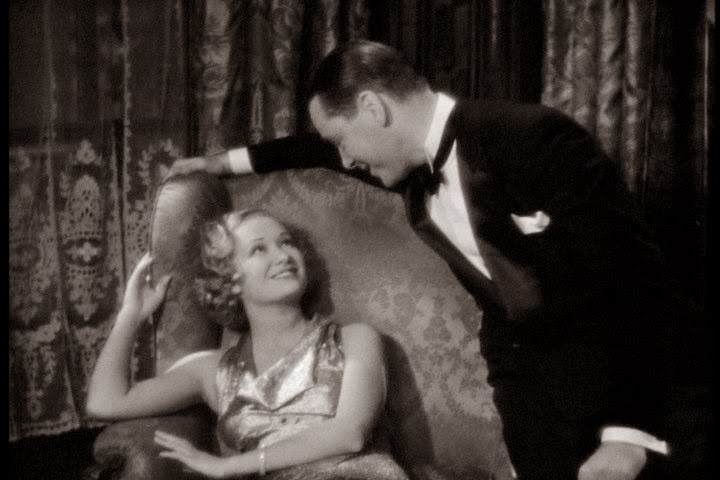
“First and foremost what we abhor on the whole is not just the image of some ultimate substance, some indivisible density; it is also and above all (at least for me) bad form.” Roland Barthes, Digressions
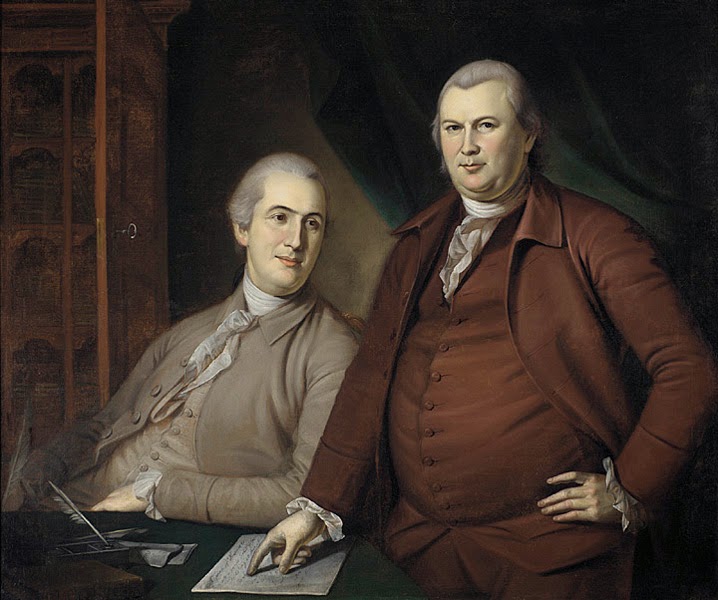
1. INITIATION
Little subversions make for big conformities.
2. PROVISIONAL DEFINITION
The man of the Old Regime is the figure of bourgeois subjectivity at the moment of its liquidation and hollowing out by cybernetic domination, which historically was issued from that bourgeoisie itself. Defunct, bourgeois subjectivity survives itself indefinitely in the myth of the free, autonomous, strong individual, self-assured and sure of his world, a world that contains in its fenced-in yard a set of values and established experiences that our “individual” wholly inhabits, as well as the consumption of a certain number of cultural commodities that serve him as a system of references. From being the object of social critique during the whole of the 19th century, and a good part of the 20th, the man of the Old Regime has now become the subject of such critique, in a reconstitution process internal to commodity domination which now requires the maintenance of the man of the Old Regime as a false alternative to the American way of life. What we’re talking about here is a form of life, and not an attributable class of individuals: hence we are inferring him from our singular inclinations, no less than from the empirical summary of character traits, cultural practices, sediments of habit, and institutional skeletons that justify him. The man of the Old Regime functions as a womb for socially produced, possible habituses; for us this isn’t about critiquing a “way of life,” but about putting ourselves on a plane of consistency that would allow reality to be read in terms of an ensemble of ethical and political confrontations between forms-of-life. We are not going to dissect nor judge them, but merely take a material measurement of their lines of flight and the playing area they offer. The man of the Old Regime is a special kind of Bloom whose guarded escape from the world is his sole and unique line of flight.
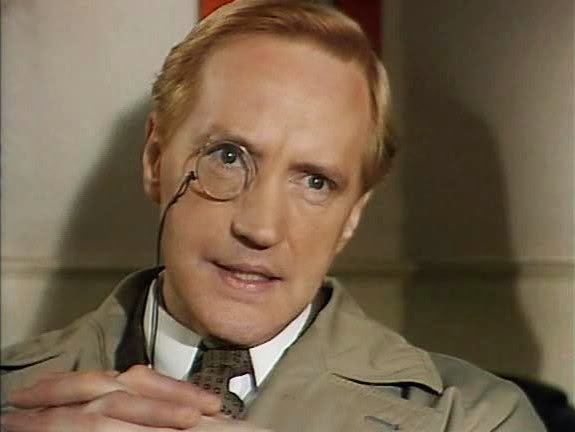
3. METHOD.
The walk-on role relationship that Bloom has with his own life, has no reason for it; that means that we can’t undo the tangle of “psychological” and social forces that constitute the essence of Old Regime humanity. It would be as illusory as it would be useless to claim to be able to say what the Old Regime man “is,” so we’ll just content ourselves with describing what happens to him everyday. A sociological analysis and criticism of the ideology there, one founded in a comprehension of the real interests and strategies pursued by individuals and in a will to dissipate the social effects of the interference with and travesty of these interests, in spite of the occasional clarifications it might offer, is just part of a struggle to outline this domain of habitus-incorporation, one that can’t be justified, not even subtly, as something taken up out of social self-interest. The man of the Old Regime can only be handled with a formal description that would update both the defense mechanisms of his individual art of living while also updating our evaluation of the political institutions prerequisite for his persistence, namely the monopoly on public violence by what’s called the “state” authorities, and by their corollary, bourgeois publicity, which interrupts all the real consequences of thought. The Old Regime posture can only ever exist as a particular internal modality of the New Cybernetic Regime, as a liberalness granted by the latter, and must be understood, in bureaucratic sociological terms, as a strategy for the distinction and affirmation of a non-bloomized habitus in an era when Bloom is a transcendental aspect of all critical theory on social being. More than just a particular vision or theory of the world, the “discourse” of the Old Regime is an epistemological apparatus that decrypts reality by means of a system of classic and general categories (man, the passions, interest, history, action, negativity, difference, Spectacle, etc.), which always permits a warding off and neutralizing of all events by bringing them down to the safety of “been there done that.” Moreover, it permits those Blooms that play more or less masterfully the Old-Regime-man role to silence their own singular implication in what’s happening to them; by thus splitting hairs about everything that happens, the man of the Old Regime pardons himself from ever thinking about his own real situation. The passion for critique that animates him thus often expresses itself in a simple reflex of distancing: he doesn’t need to fabricate new concepts in order to think about any given event; he needs to do so in order to actively deny any and all events, by fitting them in with some already-known essence.

4. AN APPARATUS INCARNATE.
The man of the Old Regime is a responsive type; he’s perhaps the first in history to live in a state of total resentment, since he can’t resign himself to completing the inevitable labor of finally interring the habitus culturally associated with the bourgeois ethic on pain of indicting himself. A real experience of the contemporary situation is forbidden to him, because – and in this sense he’s profoundly autistic – he speaks, or rather, he discourses about the present advances of the involutional process of capitalist subsumption and on the morals that sketch themselves out therein from above — from a bird’s eye view, carefully secured by safety tape of both the police and linguistic kinds. In no circumstances can he let himself fully go into experience and be contaminated by such contemptible realities; rather he lays a blanket rejection on anything unheard-of, whatever is not validated by the classical forms of existence. This is a question of his survival, pure and simple. In effect, in the more or less long term, this attenuated form-of-life is doomed to disappearance, undermined by the evaporation of its conditions of existence and the unavoidable shrinkage of peaceful space for its expression. Politically, this decline manifests itself in the terror this strange, frightened citizen lives in, nostalgically longing for the good old days of submission to the limited sovereignty of a Nation-State, a submission which he could plainly and fully fathom on sight, and from which he could always escape and take refuge in his inner conscience, a liberated zone, the homeland of the Self where self-ignorance could easily pass itself off as moral conscience. Dispossessed of his little stock of anecdotes and violently removed from his natural milieu by the growing onrush of the Empire’s acephalous, non-contractual, inordinate sovereignty, the man of the Old Regime has been swindled by History, and, world-weary, has sent in his invoice; thus in France a few years ago we saw an Old Regime politico-intellectual party and movement crop up which attempted to bail out the water from a few good old myths like Republic, School, or Authority, in the shadow of which they hoped to be able to go on living. But their coin has no more currency, and Sirius’ perspective doesn’t bring home the bacon anymore. The man of the Old Regime, thus, is reduced by all this to bringing his theoretical neutralization and interference apparatus into existence biographically, an apparatus of “change-for-its-own-sake-ism” [bougisme], modernity, the dominant ideology of party-down youth-ism, progress, mobility, flexibility and clean slates; in brief, the ever-so pleasant globalization so dear to the “liberal-libertarians,” versus a certain number of properly valorized postures and concepts like critique, reflection, authority, slowness, conservatism, “tory anarchism,” the Republic so dear to the “Bolshevik-bonapartists,” respect for the past, traditionalism, literature, discursive masterfulness, etc. But the part he pretends to play so passionately has in fact already been played out. The assertions, positions, theses, and analyses that comprise the feigned confrontations he has in his world are always already known to all, and in no way serve to clarify reality but act as symbols of recognition, gauges of belonging, rhetorical guide-rails. These are gimmicks; it’s the stuff of carnival fortune-tellers. The static here comes from an eternal playing out, over and over again, of the old false opposition between conservatism/progressivism, terms that are never more than two variants of the same anthropological thesis – a thesis of pacification that postulates man as a living-social-being-in-society. And the point of it all is to naturalize an apparatus that comprises one of the major controlled burns to hide the fact of human reality as civil war.
Who could still believe this world to be worthy of love? What good does it do to love what itself is devoted to hatred? Even God can’t do it, and resigns himself to allowing Hell to go on existing.
Bernanos
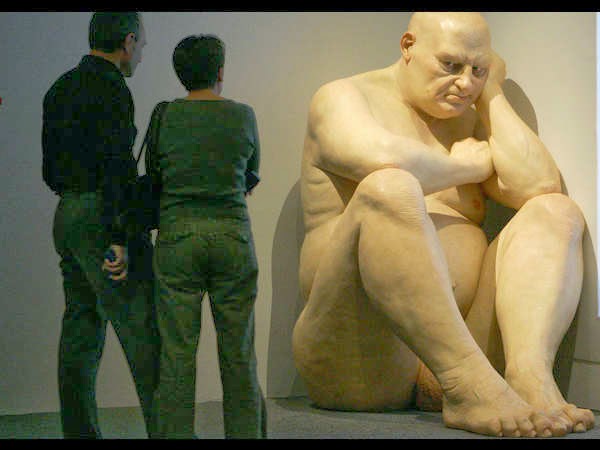
5. GIMMICK
One of the favorite gimmicks of the man of the Old Regime is the declamatory affirmation of his militant exteriority to “this” world, his irreducibility relative to the so-called “mass” culture, the dominant bloc of alienation, perceived as the impassable horizon of all human positions; this reflex at bottom only expresses the fetishism of a chimerical foreignness to the world that seeks itself out for example in the practice of perpetual, pathetic, misanthropic – or even schismatic hygienic measures. Owing to the heavy historical tendency to centralist pacification which has marked the French State for such a long while, and has produced the citizenist psychology we know so well – the psychology of subjects believing they can find freedom in the proper operation of a State that takes charge of all the “political” aspects of their lives – the Old Regime posture is reminiscent, in a preferential way, of a certain tradition very much our own, one that can be traced back to the “anti-monarchist” libertines, and has continued all the way down to the right-wing/royalist [Maurrasian – from Charles Maurras] and dietary situationism of today, by way of reactionary catholics, heideggerians of all obediences, anarcho-capitalists, “Hussars,” and other Sollerso-Celinians. [Phillippe Sollers/Louis-Ferdinand Celine]. In the last resort, old regime man will always try to make good on his back-up right, his right to an inward emigration. Today all these fractions are part of a vast movement remaking the battle-fronts, all seeking to ally themselves with liberal-humanism so as to escape the historical confrontation between the Empire and whatever escapes it.
continue reading
of the book:
CHAPTER 6-15
http://oldregime.jottit.com/6-15
CHAPTER 16-20
http://oldregime.jottit.com/16-20
CHAPTER 21-30
http://oldregime.jottit.com/21-30


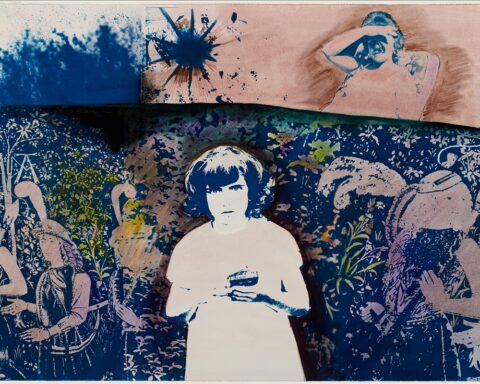

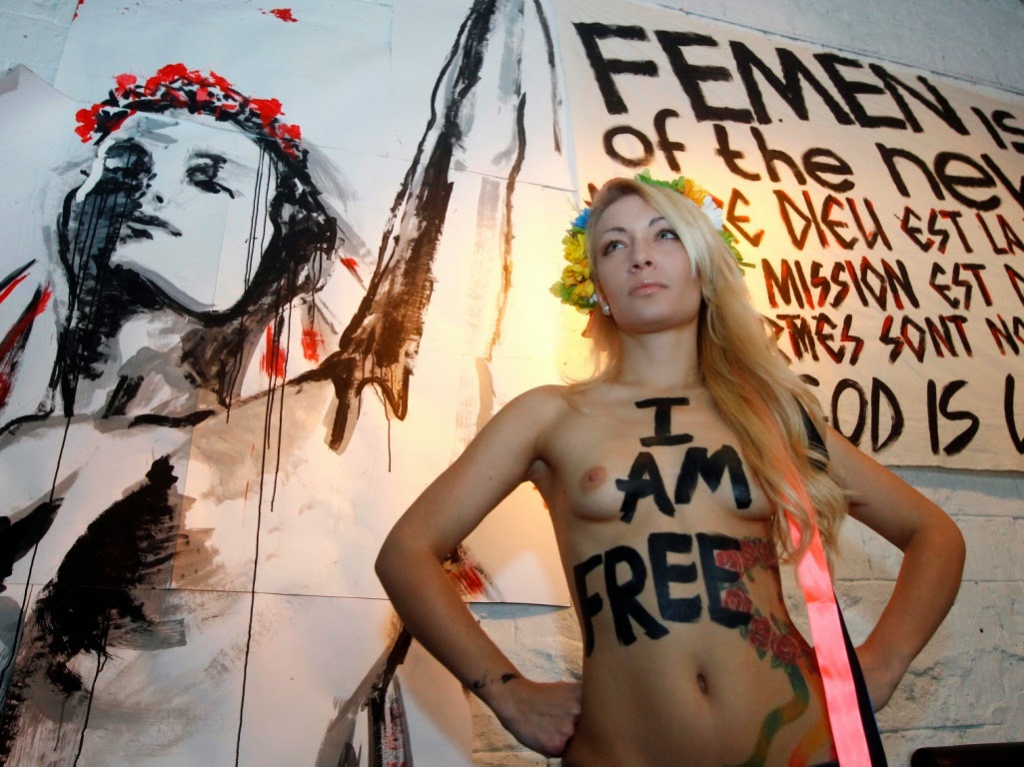



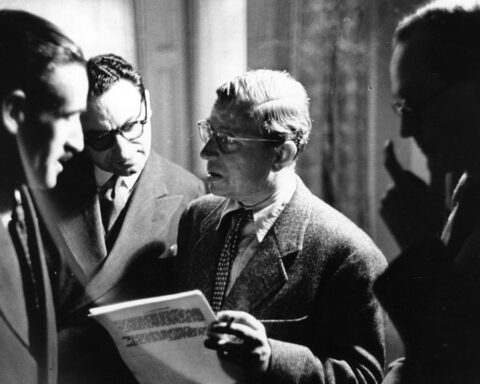


This comment has been removed by a blog administrator.